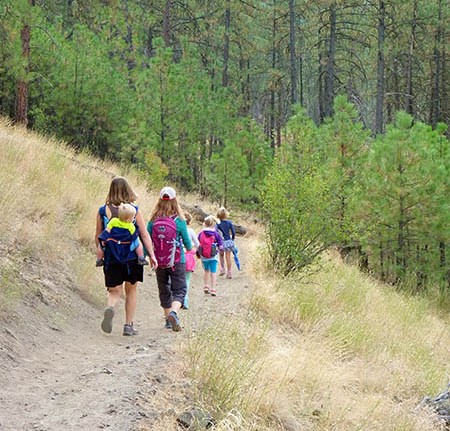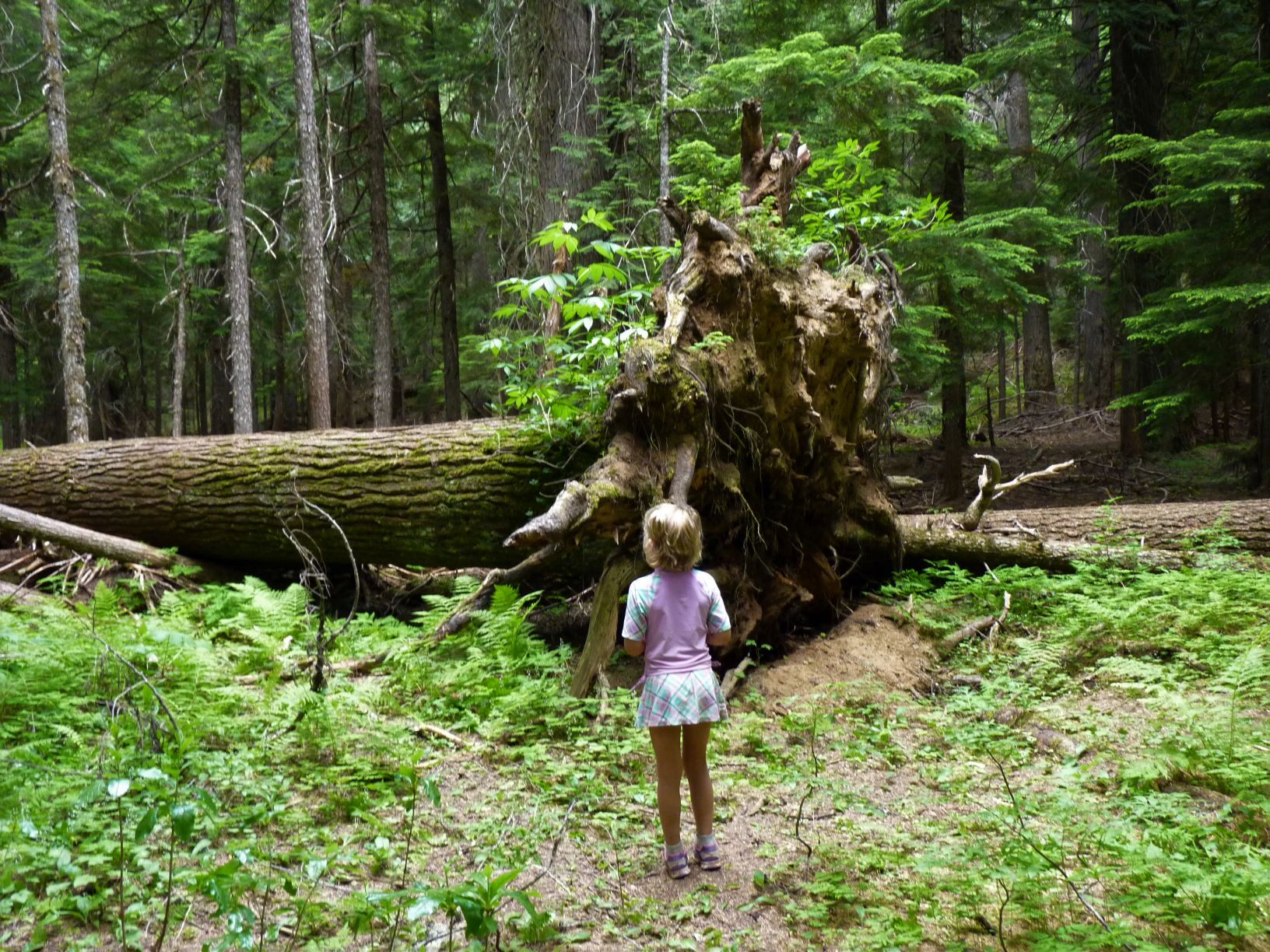You’ve probably noticed—many kids, like adults, gained excessive weight during the pandemic. Thirty percent of surveyed parents reported that their child gained weight during the lockdown and school closures, according to researchers at Virginia Commonwealth University.
Less structured eating schedules, more frequent snacking, less supervision at home, greater consumption of processed foods, a more sedentary lifestyle after sports and activities were cancelled, and increased screen-time all contributed.
Chronic stress and emotional and mental health issues, like depression and anxiety, can also cause overeating (or loss of appetite) and decreased energy, which can also lead to excessive weight gain, weight loss, or stagnant growth for children.
Every child is unique, and it’s always best to maintain regular wellness checks with a pediatrician to address any medical concerns. But as a parent who has consulted my children’s pediatrician many times, received guidance from therapists, studied adolescent psychology, and researched plenty, these ideas and strategies, while not intended to be expert advice, may help you work toward better health and wellbeing for your child.
1. Be conscientious about how you talk to kids about their bodies (and your own).
Critical comments often cause kids to internalize negative stereotypes and have lower self-esteem and poor body image. Don’t shame and don’t express excessive worry—even if it’s only an expression of “concern.” Use terms like “growing up” rather than “getting big.” Especially with early puberty beginning at ages 9-11, bodies are changing in ways unexpected for kids.
There are many age-appropriate “body books” for kids to read that provide opportunities for discussion with them. My family’s pediatrician recommends “The Body Book for Boys” for age 10-15 and the American Girl series “The Care & Keeping of You: The Body Book for Girls” (book 1 for age 8-10, book 2 for age 10-12).
2. Approach weight gain as “something to be curious about, rather than as a problem to solve.”
According to experts on the subject, keep in mind a child’s growth history and mental health. Kids commonly “round out” before a height growth spurt.
Doctors and dietitians interviewed for a New York Times article about children’s weight gain during the pandemic say to not put children on diets or count calories, because this increases the risk of developing disordered eating behaviors.

3. Be more active as a family.
Find new and creative ways to move your bodies and exercise together. Walk to the park, go for a hike at a local conservation area, bike for an errand, learn how to ski this winter.
Experience endorphin highs by playing together—even if its Foursquare—and trying new sports and activities like biking and running. Encourage kids to be active with their friends when they get together, by doing activities such as riding bikes or walking to a playground instead of playing video games.
4. Use nature and public lands as a destination for both mental serenity and recreation.
Get out into nature by visiting a state park, national forest, wildlife refuge, or conservation area. Hike along a river or around a lake. Visit places with more plants and dirt than concrete and people. Nature immersion decreases stress, blood pressure, and anxiety, while improving mood and self-esteem and boosting overall feelings of well-being.
5. Make healthy choices alongside your kids.
When children see their parents change habits and make better food choices, get more exercise, and limit screen-time, they will feel motivated to do the same.
Children are still dealing with chronic stress from the ongoing pandemic. Feeling better can easily start with having them climb more trees and get their clothes dirty outside.

More Tips for Healthier Kids
- Have children do “jobs” (aka chores) or volunteer work that encourage exercise, like raking leaves and shoveling snow, walking dogs at a shelter, or picking up litter while hiking.
- Participate in organized sports or activities. Extra-curricular activities provide physical exercise and social-emotional health. Team sports as well as individual recreation, like horseback riding or ski lessons, provide motivation for children to get outside with other kids in all weather conditions.
Amy McCaffree is Out There Kids columnist and digital editor. She enjoys camping, paddling, skiing, hiking, and biking on public lands around the Northwest with her husband and their two children.












